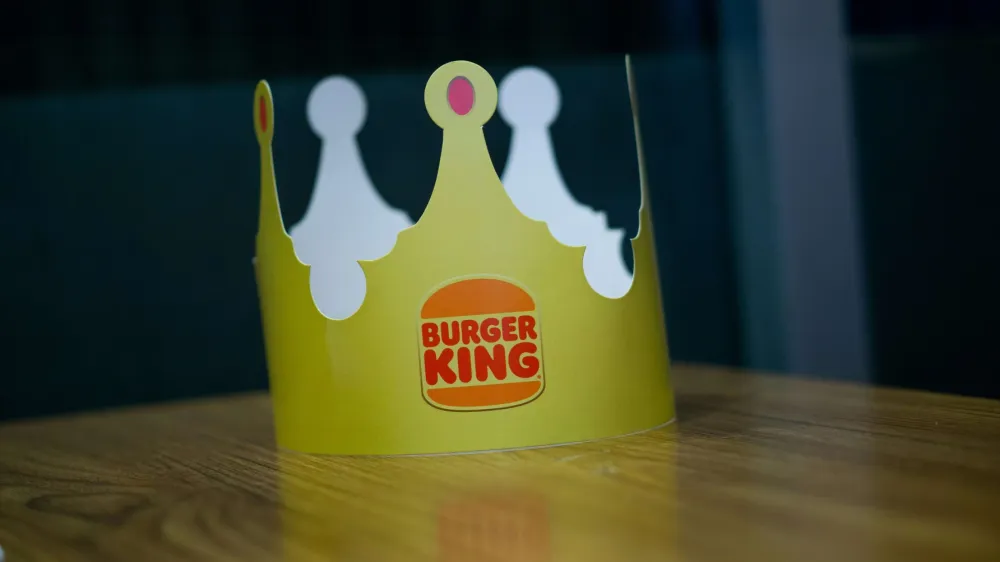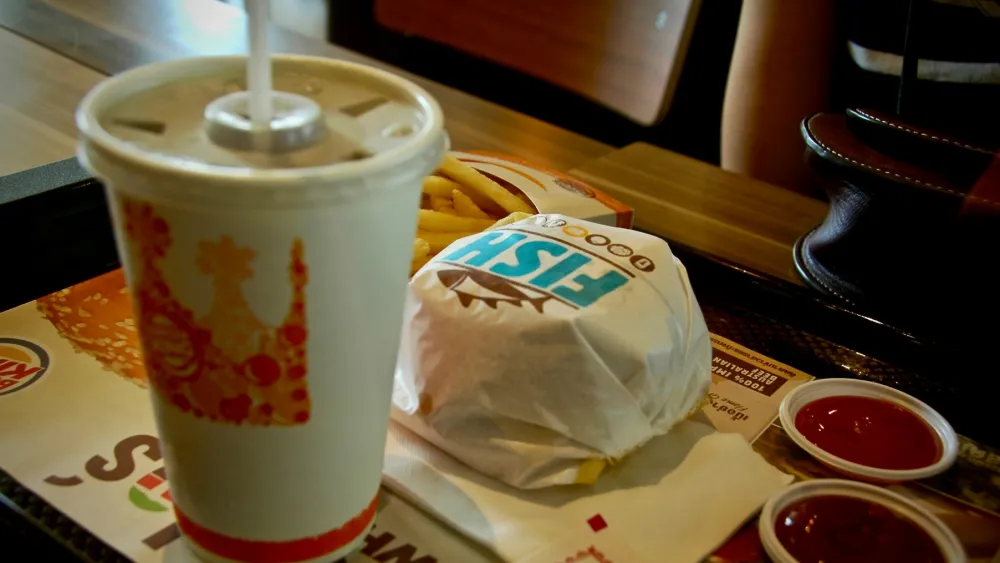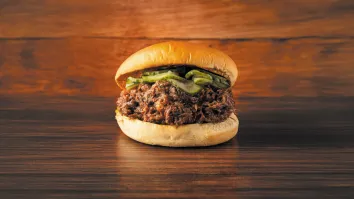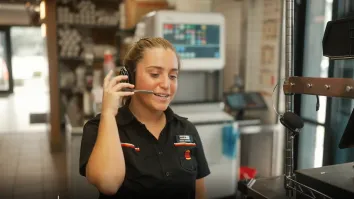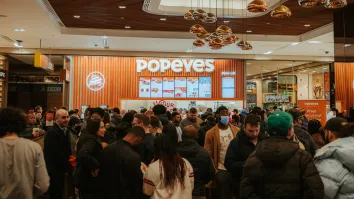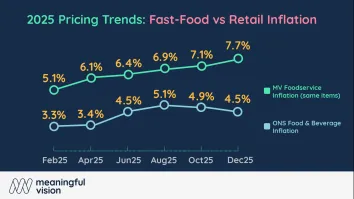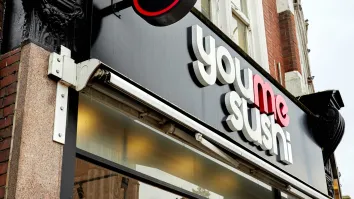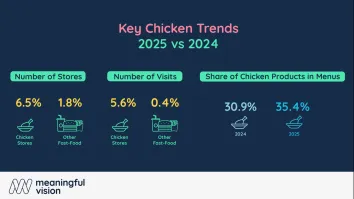QSRs embrace tailored recommendations for maximised profits
Advanced strategies drive revenue, improve customer experience.
The landscape of quick-service restaurants (QSRs) and fast-casual eateries in the UK is undergoing changes, driven by the growing necessity of business personalisation. Ori Bauer, CEO of Dynamic Yield by Mastercard, said that personalisation is no longer a ‘want’ but a ‘need’ in enhancing consumer loyalty and maximising profits.
"Personalisation is no longer nice to have. It's really a win-win. What businesses gain is more loyalty from their consumers. And more revenue, of course," Bauer explained. He said that about 80% of consumers under 40 expect personalised experiences when ordering, akin to what they receive from services like Netflix or Spotify.
In the QSR sector, not offering personalised services is no longer an option. "If you don't offer this, you're losing," Bauer asserted. He highlights that leading QSRs in the UK have already begun offering personalised experiences, setting a benchmark for others in the industry.
The personalisation process in QSRs starts with identifying key customer touch points. Bauer advised, "You should aspire to personalise the end-to-end experience of the consumer from the very beginning throughout the journey." He noted the importance of choosing the right starting point, like Drive Thru or mobile app ordering, depending on where the majority of revenue originates.
Bauer said that unlike e-commerce, where a customer purchasing a black T-shirt might be shown a red T-shirt, QSR personalisation must consider the nuances of food preferences and meal timing. "If I just bought a chicken sandwich, recommending a burger might not be the right approach," he added.
To effectively measure the success of personalisation strategies, QSRs must identify and focus on the most relevant Key Performance Indicators (KPIs). "You should first ask yourself, what is the KPI that we are trying to optimise for?" Bauer said. While revenue is a straightforward choice, Bauer suggested that optimising for consumer loyalty often provides the best long-term benefits.
